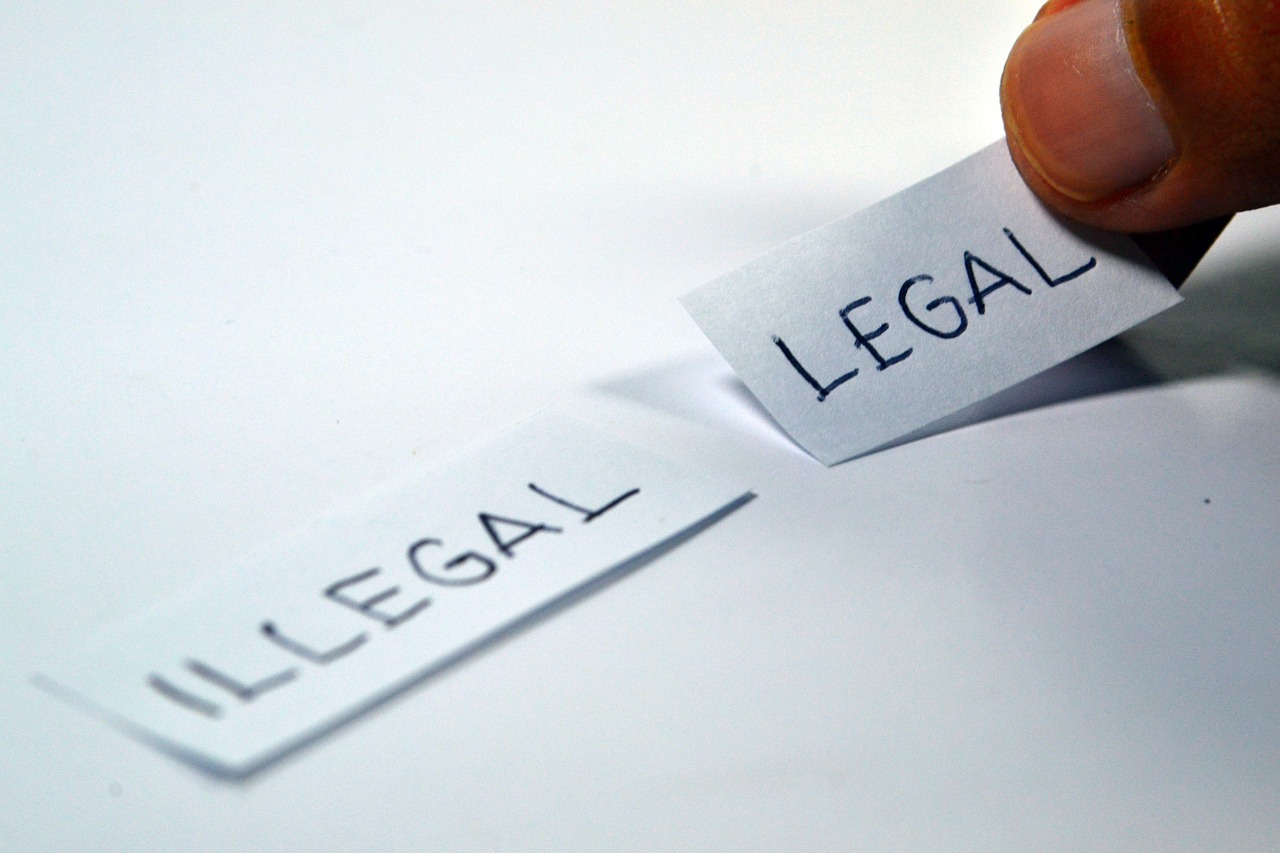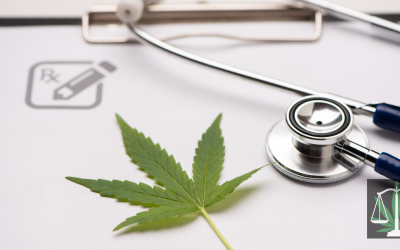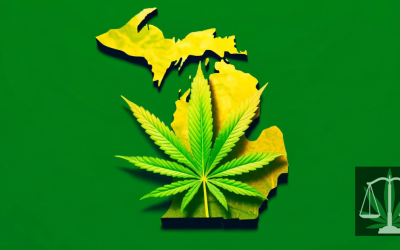Welcome to our comprehensive guide on cannabis licensing! At Cannabis Licensing Law, we understand the intricacies involved in the cannabis industry and the importance of obtaining the necessary licenses to operate legally. In this article, we will provide you with valuable insights and information to help you navigate the complex landscape of cannabis licensing, ensuring compliance with local laws and regulations.
Understanding the Importance of Cannabis Licensing
Obtaining the appropriate licenses is crucial for individuals and businesses looking to venture into the cannabis industry. Cannabis licensing ensures that operations are conducted within the bounds of the law, mitigating legal risks and providing a solid foundation for a successful business.
Types of Cannabis Licenses
1. Cultivation Licenses
Cultivation licenses are essential for individuals or businesses involved in the cultivation and growth of cannabis plants. This license grants permission to cultivate, harvest, and process cannabis in compliance with regulatory guidelines. It covers both indoor and outdoor cultivation methods and specifies the maximum number of plants allowed for cultivation.
2. Manufacturing Licenses
Manufacturing licenses are required for those involved in the production and manufacturing of cannabis products. This license encompasses activities such as extraction, processing, and packaging of cannabis-infused products, including edibles, concentrates, oils, and topicals.
3. Distribution Licenses
Distribution licenses authorize businesses to transport cannabis products from cultivation or manufacturing facilities to dispensaries, retailers, or other distributors. This license ensures that products are properly tracked, labeled, and safely transported to their intended destinations.
4. Retail Licenses
Retail licenses are necessary for individuals or entities operating dispensaries or retail stores where cannabis products are sold directly to consumers. This license permits the sale of cannabis products in compliance with strict regulations, including age verification and product quality control.
5. Testing Laboratory Licenses
Testing laboratory licenses are granted to independent laboratories responsible for testing and analyzing cannabis products for quality, potency, and safety. These licenses play a vital role in maintaining consumer confidence and ensuring that products meet the required standards.
6. Delivery Licenses
Delivery licenses allow businesses to provide cannabis product delivery services directly to consumers. With the growing demand for convenient access to cannabis products, delivery licenses offer an opportunity to cater to a broader customer base.
The Cannabis Licensing Process
The process of obtaining a cannabis license involves several crucial steps. Although the specific requirements may vary depending on your jurisdiction, the general process typically includes the following:
1. Research and Planning
Before embarking on the licensing journey, thorough research and planning are essential. Familiarize yourself with the local regulations, licensing requirements, and any restrictions or limitations imposed by the governing authorities.
2. Business Formation and Entity Registration
Establishing a legal entity for your cannabis business is a fundamental step. Choose the appropriate business structure, such as a corporation or limited liability company (LLC), and ensure compliance with all registration and filing obligations.
3. Application Preparation
Prepare a comprehensive application that covers all necessary information and documents required by the licensing authority. This may include details about your business plan, financial projections, security measures, product inventory, and standard operating procedures.
4. Compliance with Zoning and Land Use Regulations
Ensure that your chosen location for cannabis operations complies with zoning and land use regulations. This step may involve obtaining permits or approvals related to the specific location, such as building permits, conditional use permits, or zoning variances.
5. Security and Surveillance Measures
Implement robust security and surveillance systems as mandated by local regulations. This includes installing cameras, alarm systems, access controls, and other security measures to safeguard the premises and ensure compliance with security requirements.
6. Staff Training and Standard Operating Procedures
Develop comprehensive training programs for your staff to ensure they are well-versed in all aspects of cannabis regulations, safety protocols, and customer service. Implement standard operating procedures (SOPs) that outline the proper handling, storage, and distribution of cannabis products, as well as protocols for inventory management and record-keeping.
7. Financial Planning and Capital Requirements
Develop a detailed financial plan that encompasses the costs associated with licensing, facility setup, equipment acquisition, staffing, marketing, and ongoing operations. Consider seeking financial assistance or investment opportunities to secure the necessary capital for your cannabis business.
8. Community Engagement and Public Relations
Engage with the local community and establish positive relationships with stakeholders. Proactively address any concerns or misconceptions surrounding the cannabis industry through community outreach programs, educational initiatives, and responsible business practices.
9. Ongoing Compliance and Regulatory Updates
Stay informed about the evolving cannabis regulations and ensure ongoing compliance with all licensing requirements. Regularly review and update your SOPs to reflect any changes in regulations, ensuring that your operations align with the latest legal standards.
10. Seek Professional Assistance
Navigating the complexities of cannabis licensing can be challenging, which is why it is advisable to seek professional assistance from experienced attorneys, consultants, or compliance experts. These professionals can provide invaluable guidance, ensure adherence to regulations, and increase your chances of a successful licensing process.
Cannabis Licensing Law
Obtaining a cannabis license is a crucial step towards establishing a legally compliant and thriving business in the cannabis industry. By following the comprehensive steps outlined in this guide, you can navigate the licensing process with confidence and increase your chances of achieving success.
At Cannabis Licensing Law, we specialize in providing expert guidance and support throughout the cannabis licensing journey. Our team of seasoned professionals understands the nuances of the industry and can assist you in developing a robust licensing strategy that aligns with your business goals.
Embark on your path to legally operate in the cannabis industry today. Contact us to learn more about our services and how we can help you secure the necessary licenses to thrive in this exciting and rapidly expanding field.



